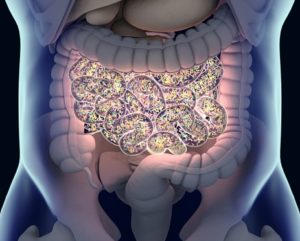Diet plays a crucial role in the development and management of inflammatory bowel disease (IBD), particularly Crohn’s disease (CD). Studies show that diets high in polyunsaturated fatty acids, n-6 fatty acids, and processed foods increase the risk of IBD, while fiber-rich diets lower it. Exclusive enteral nutrition is an effective treatment for pediatric CD, though its demanding nature limits adult use. Alternatives like the Crohn’s disease exclusion diet combined with partial enteral nutrition offer promising results, leading to remission in both children and adults.
Research is moving toward precision medicine, recognizing that a “one-size-fits-all” approach to CD treatment may not work. Researchers suggest future studies should focus on understanding how diet impacts the gut microbiome and disease progression, as well as determining the best dietary strategies to maintain remission. Additionally, combining dietary interventions with medical treatments like biologics and exploring diet’s role in ulcerative colitis is crucial. High-quality clinical trials are needed to validate these dietary treatments and refine personalized care approaches.
Reference: Sila S, Hojsak I. Nutritional Management for Crohn’s Disease. Nutrients. 2024;16(16):2597. doi: 10.3390/nu16162597.
Link: https://www.ncbi.nlm.nih.gov/pmc/articles/PMC11357181/









